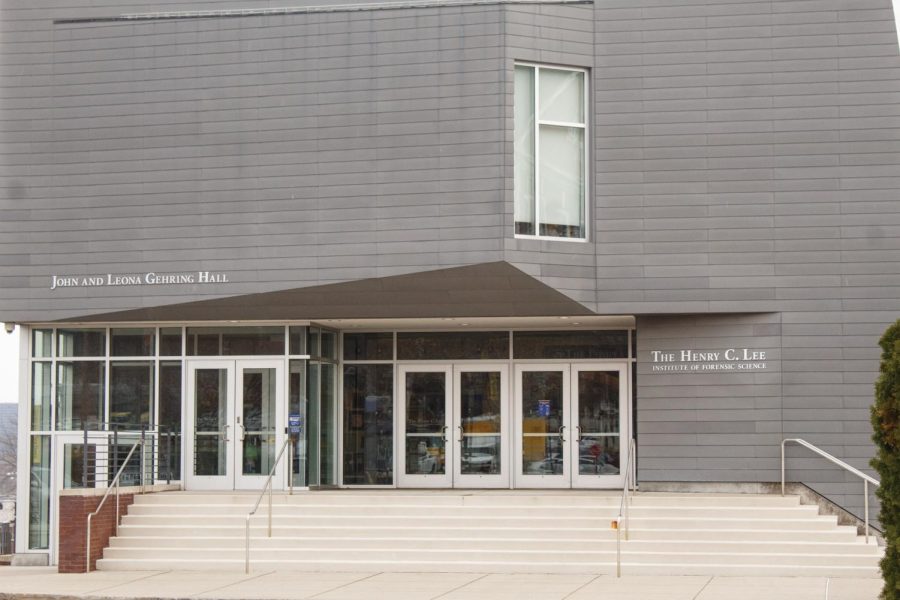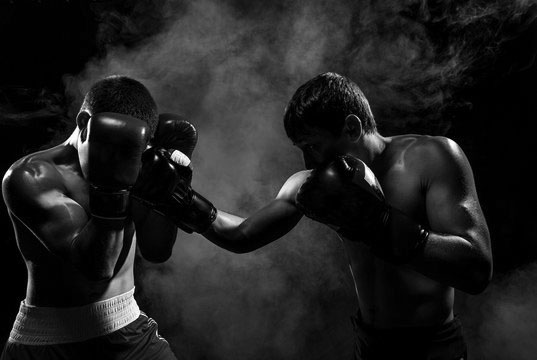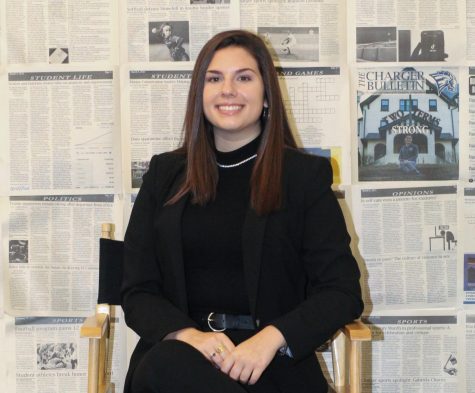The forensic science department is planning a trip to the United Kingdom to search for the body of Pocahontas.
In 1607 the Virginia colony sailed from England and established the first permanent settlement in America. On the ship was the princess known as Pocahontas. Her real name was Matoaka Pocahontas, which is also the name of the project.
Pocahontas and her English husband, John Rolfe, sailed to Virginia in March 1617. She was declared dead while sailing to Virginia, and her body disappeared 24 hours later. Historians believe she suffered from an upper respiratory ailment, others believe she could have died of dysentery, a gastrointestinal infection.
The expedition will begin in Virginia in one of the indigenous communities. Then, students will spend time in Oxford to study artifacts of King James l, who met Pocahontas and Rolfe before she died. The last 10 days of the trip will be spent in Gravesend, Kent, which builders in Kent have identified as one of three sites of Pochahontas’s body.
Investigations professor Declan Hill is leading the project, and is working with forensic science professors Tim Palmbach and Cassandra Sedelmaier. Palmbach will run most of the investigations of this work, and Sedelmaier will use her passion for the project to inspire learning for students in different, creative formats.
“You know, this is a pretty difficult thing to do, and how do they learn at the same time as they’re traveling?” Hill said. “With those two colleagues, they are really strong partners for working with me on this one.”
Hill and other historians claim that Matoaka Pocahontas remains the “founding mother of America.”
“She was the bridge between the indigenous communities and the English settlers. I’m not trying to downplay, nor is anyone trying to downplay the difficult and controversial history that went on from that time, but really she’s the founding mother of America in showing there is a way of bringing peace to difficult situations.”
Hill said Pocahontas has historical significance, and that is why it is important to find her remains.
“I think it’s one of the most exciting opportunities, not only in their university education but in their careers,” Hill said. “It’s a chance for us to make history. It’s a 407 year old cold case, teaching one of America’s greatest historical figures. It’s time to right a historical injustice, it’s time to do the right thing. It’s simply an extraordinary educational experience on all kinds of levels.”
Hill said he believes that this could be one of many such projects in which the university participates.
“Many of my colleagues in the forensic science department do extraordinary projects like this,” said Hill. “Maybe not quite as marquee names as Matoaka Pocahontas, but there’s tons of stuff coming out of the forensic science [department], really, really exciting projects.”
Students haven’t been selected for participation yet, but there is one student who has expressed interest in this project. Jamie Pereria, a junior majoring in Forensic Science with a concentration in Chemistry began researching the topic after her involvement in the podcast, “Crime Waves with Declan Hill”.
“Upon being given a few options of cold cases to investigate, the story and death of Matoaka Pocahontas stood out to me. As popular as she is, being characterized as a Disney Princess, her tragedies are widely unknown. I familiarized myself with her life, connections with the English, and alleged causes of death. That stark difference between truth and public perception drew me into this case.”
Pereira’s research began with examining Matoaka Pocahontas’s cause of death and her personal relationships before she died.
“While exploring the prospect of a poisoning, I analyzed her relationships with John Rolfe, Captain Samuel Argall, Sir Thomas Dale, and other English associates, as well as the opinions of the Powhatan people to assess a possible motive,” she said. “Currently, I am looking into eyewitness accounts of Jamestown. In addition, I am examining the details of the 1623 poisoning of 200 Native Americans during peace talks.”
Pereira hopes her field of study will allow her to understand the complexities to Pocahontas’s death and disappearance.
“With my background in forensic science, I am looking forward to speaking with toxicologists for insight on post-mortem evaluation when (not if!) her body is found,” Pereria said. “I am also excited to speak with experts about the likelihood of each of the floating conspiracies on this topic. My goal of this investigation is to create conversation. The truth of Matoaka’s manner of death is unknown at this moment. What other information about the founding of America has low certainty? If her manner of death was homicide, how could her survival have affected Virginia in 1617 if she returned from England?”
If you are interested in applying or would like to find out more information, email dhill@newhaven.edu.





